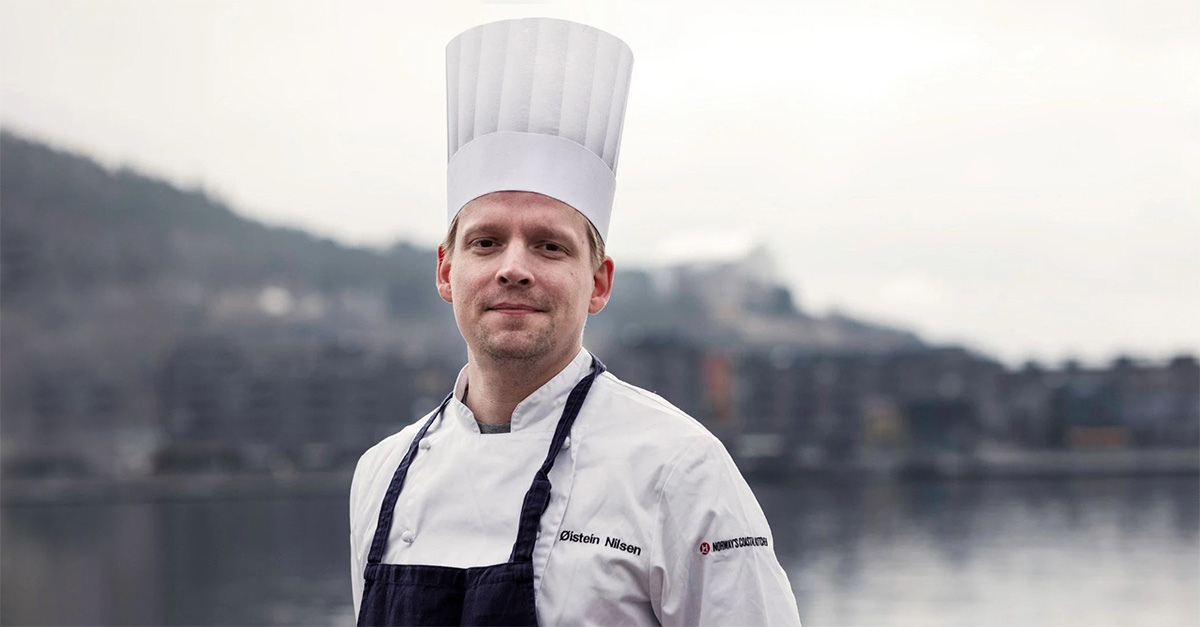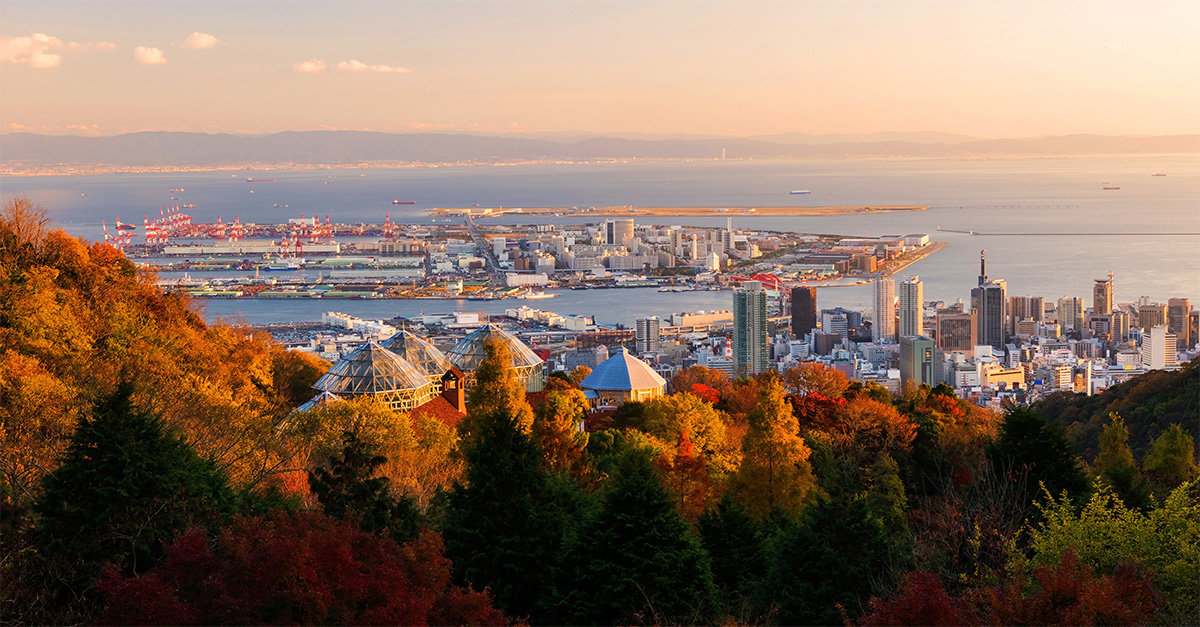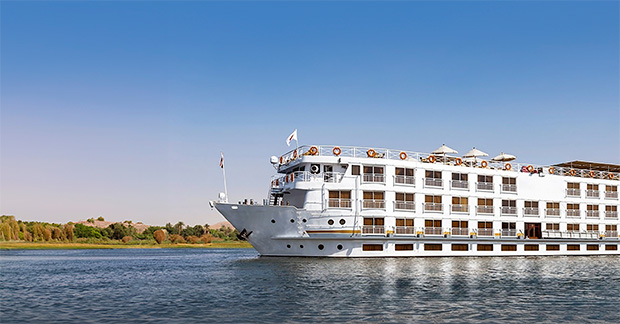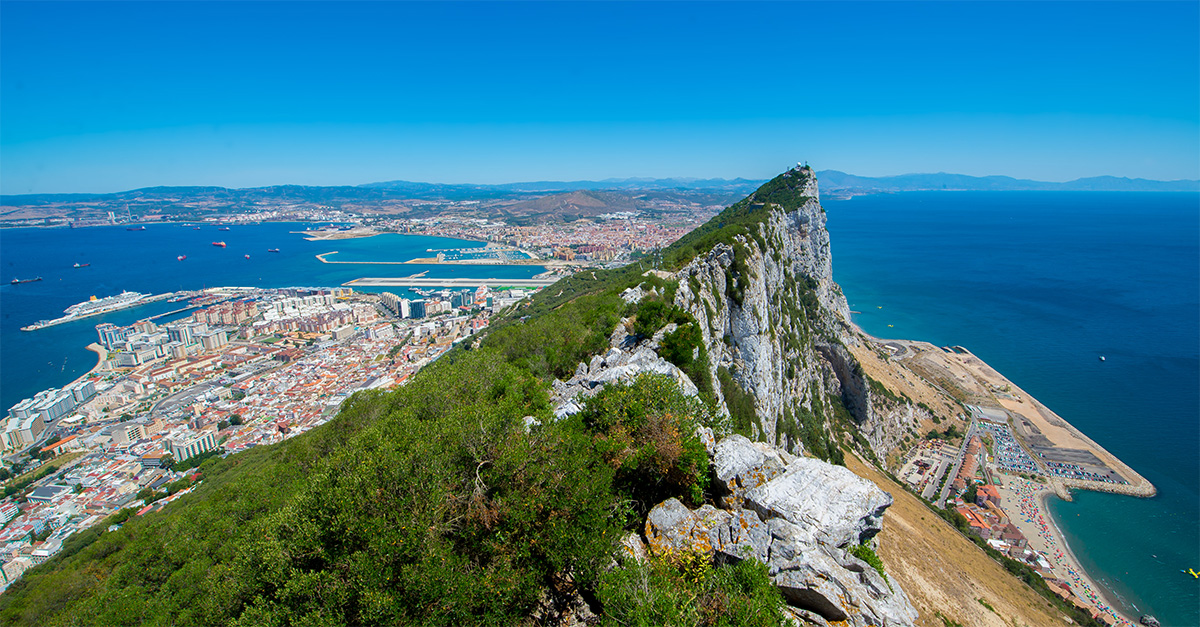Waste size: how are cruise lines reducing their food waste?
Food waste has long been an issue for cruise ships, but some lines are facing up to the problem head-on, reports Siobhan Reid
Food is one of the simplest pleasures of travel – but dealing with food waste is anything but simple. While hotels, airlines and tour operators all struggle with the problem of how to process uneaten leftovers, the cruise sector is often regarded as one of the industry’s worst offenders, with many ships boasting a seemingly endless variety of food choices, from all-you-can-eat buffets and 24-hour room service to speciality dining experiences.
Due to hygiene and safety regulations, food can only be served for up to four hours, and depending on how it’s disposed, what goes uneaten can release harmful substances such as insecticides, hormones and antibiotics into delicate marine ecosystems.
There are reasons to be optimistic, however. A growing number of lines have made significant strides in cleaning up their operations in recent years, embracing creative solutions and AI-powered technology to tackle the problem. Not only do these initiatives lessen the impact on the planet, they also help streamline operations, cut costs and, in some cases, benefit local producers.
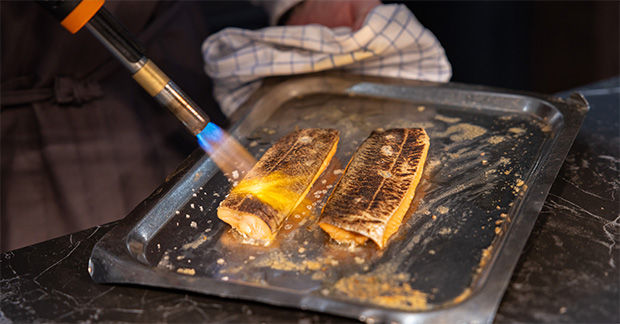
Food waste targets
Carnival Corporation – which operates brands including Carnival Cruise Line, Holland America Line and Princess Cruises – says it has reduced food waste by more than 30% per person compared with 2019, with a target of 40% reduction by next year, according to its most recent sustainability report.
Hurtigruten has taken things a step further, achieving an industry milestone last spring by reducing food waste to nearly zero grams per guest – quite an achievement across the 1,200 meals served daily aboard its Coastal Express voyages, which travel between the southern city of Bergen and the Arctic town of Kirkenes.
Food scraps are fed through a specially designed compost reactor in the small port of Stamsund in the Lofoten Islands, where Hurtigruten ships make more than 500 stops per year. The machine converts up to 250kg of waste per day into nutrient-rich compost, which is then transported to a family-owned farm just outside Stamsund. This soil is used to grow vegetables and herbs that end up back on passengers’ plates.
“We had been working to reduce food waste for the past five years,” says Øistein Nilsen, Hurtigruten’s culinary director, explaining that efforts such as smaller portion sizes helped the company achieve 65g of food waste per guest in 2023 – down from 73g in 2022 and a remarkable 70% reduction since 2019. “But we had to really think outside the box to reduce our numbers down to zero. We hope this will be the new industry standard,” he says.
Hurtigruten may be first to hit the zero-waste target, but other cruise lines are following in its wake, exploring cutting-edge technologies to curb their discards. Royal Caribbean Group is the first cruise company to turn leftovers into renewable energy via microwave-assisted pyrolysis and micro auto gasification, both emerging technologies that dry the waste and convert it into pellets that can be used as ship fuel.
While the system is a way off producing enough energy to power the ship, the line says it can generate almost enough to support the water park on board Icon of the Seas. Together with AI-powered food waste initiatives, the company reports a 25% reduction in food waste since 2019 on its Royal Caribbean International and Celebrity Cruises ships, with the ultimate goal to halve food waste across the fleet by 2025.
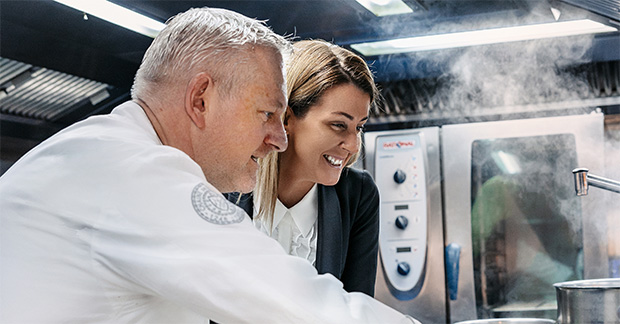
Waste-tracking technology
These efforts aren’t only happening at sea: river cruise line Uniworld adopted the Leanpath waste-tracking system on Antoinette in 2021. The technology has since been rolled out across the fleet, reducing food waste by 39% and diverting a whopping 74.3 tons of leftovers – the equivalent of 136,603 meals.
“We’re incredibly proud of these outcomes,” says Julie Higgins, Uniworld’s sustainability officer. “These numbers motivate us to be even better moving forward.” The Leanpath system – which is used in more than 4,500 kitchens worldwide, including Google offices and Marriott hotels – uses AI-enabled cameras, integrated scales and touch-screen terminals to track and process data related to food discards, helping staff monitor guest demand for specific menu items and adjust quantities accordingly.
An unexpected benefit of the programme? It empowers employees to take part in the global fight against food waste, tracking their contributions and brainstorming creative ways of cutting down. Higgins adds: “It’s a continuous journey and one that we work towards with heart and passion.”

